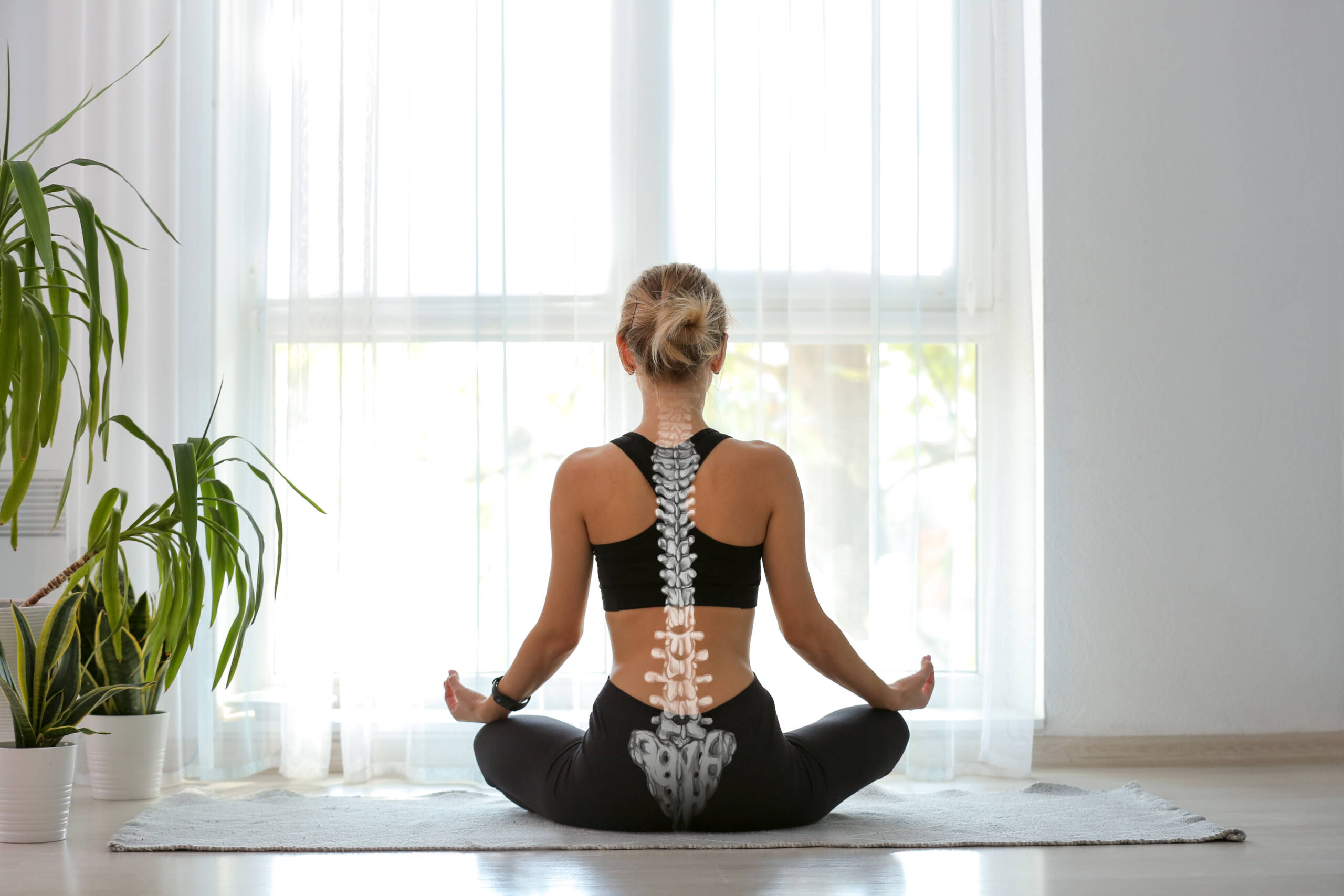It’s that time of year where multiple races are on the horizon, and as you increase your mileage, it’s important not to neglect the strength of your muscles and the mobility of your joints.
While focusing on running, incorporating supplemental exercises into your training program can significantly improve your performance and reduce the risk of discomfort or injury.
In this blog post, we will explore seven highly effective exercises and activities that every runner should consider adding to their routine. And remember, if you experience any discomfort during your runs, don’t hesitate to reach out to Rebalance Physical Therapy for expert guidance and support.
Let’s dive into the 7 best supplements for runners.

- Foam Rolling: Although foam rolling can be uncomfortable and even painful at times, it is a fantastic technique to keep your muscles supple and healthy. Target areas such as your quads, IT bands, calves, hamstrings, and adductors to alleviate muscle tension and promote better flexibility. Regular foam rolling sessions can help improve your overall running performance.
- Lunges in Different Directions: Working on single-leg stability and strength is crucial for runners. Incorporate lunges in various directions, such as forward, backward, and sideways, to engage different muscle groups, improve balance, and enhance overall lower body stability. These lunges will also help correct any muscular imbalances that may exist.
- Squats: Squats are a fundamental exercise for runners, as they help strengthen the lower body and address any muscular imbalances. By focusing on proper form and gradually increasing intensity, you can build strength and stability in your quadriceps, hamstrings, glutes, and core. Strong leg muscles contribute to improved running mechanics and reduce the risk of injuries.
- Hip Flexor/Psoas Stretch: The illiopsoas muscle, commonly known as the hip flexor, plays a significant role during long runs. It is important to incorporate regular stretching to maintain flexibility and prevent tightness in this area. Perform hip flexor stretches to alleviate tension and promote optimal functioning, ensuring your hips remain mobile and efficient while running.
- Lumbar Extension Stretching: With most of our daily activities involving forward leaning, it’s crucial to counterbalance the flexed positions that running can contribute to. Lumbar extension stretches can help improve posture, counteract spinal flexion, and maintain a healthy back as your mileage increases. Stretching your back and spine can alleviate any discomfort and support better overall running posture.
- Single Leg Deadlifts: Single leg deadlifts are excellent for strengthening the posterior chain, including the hamstrings and glutes. These muscles are vital for providing eccentric control and stability while running. Incorporate this exercise into your routine to improve strength, balance, and overall running mechanics. Single leg deadlifts will also help address any muscular imbalances and improve your running efficiency.
- Breath Work: Don’t overlook the importance of proper breathing techniques during your training. Taking time to focus on diaphragmatic breathing can improve your running performance and enhance oxygen intake. Practice breathing in through your nose, allowing your belly to fill with air, and exhaling through your mouth while consciously deflating your belly. This breath work will support better endurance and relaxation while running.
As race season approaches and you increase your running mileage, it’s crucial to prioritize supplemental exercises to enhance your performance and prevent discomfort or injury. Incorporating foam rolling, lunges in different directions, squats, hip flexor/psoas stretches, lumbar extension stretching, single leg deadlifts, and breath work can significantly improve your running mechanics, strength, stability, and overall well-being. Remember, if you experience any discomfort during your runs, don’t hesitate to reach out to Rebalance Physical Therapy.
















